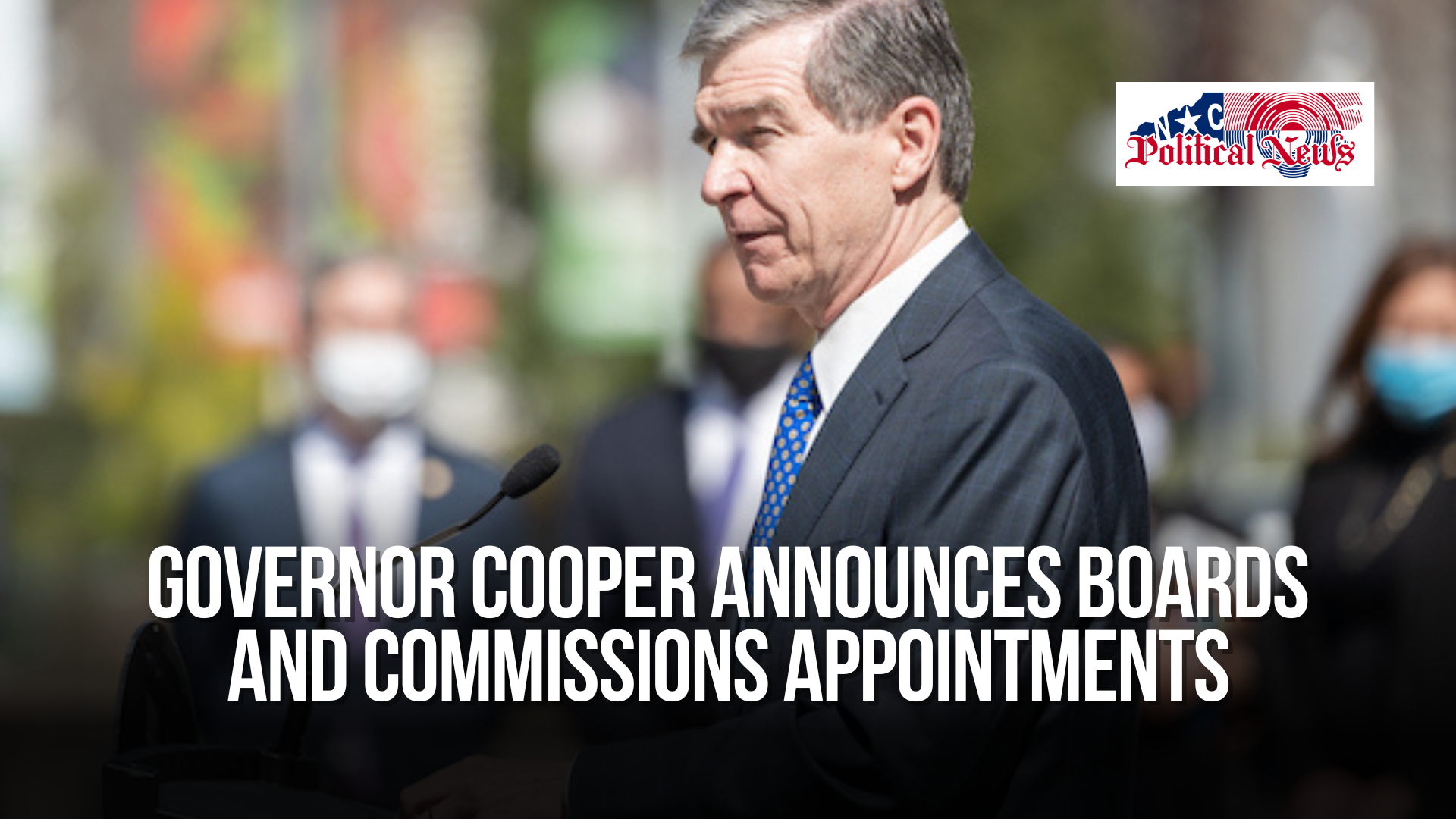John Hood: State Revenues Are Down This Year
RALEIGH — State Controller Nels Roseland has just released five months of reports about North Carolina’s General Fund budget. I’m told the delay wasn’t nefarious. It was caused by a change in accounting systems. Well, better late than never — but I hope the delay hasn’t lulled our leaders into complacency.
Over the first two-thirds of the 2023-24 fiscal year, the state collected some $21.2 billion in General Fund revenue, mostly from income and sales tax. That’s about $187 million less than the state collected during the first eight months of the previous fiscal year.
At the same time, the state spent $17.3 billion on General Fund programs, mostly education and health care. That was $828 million more than was spent during the first eight months of 2022-23, representing a 5% increase.
Now, $21.2 billion is much larger than $17.3 billion. Our budget is still running a cash surplus, and years of prudent management by the General Assembly has set aside billions of dollars in the state’s rainy-day fund and other reserves. North Carolina isn’t facing any sort of fiscal emergency.
Nevertheless, the state has experienced lower-than-projected revenue collections so far this year. Because the personal income tax remains by far the largest source of General Fund revenue, tax collections may be so bountiful in March and April that the state will still meet its revenue target. But I don’t think state leaders should count on that.
Over the next few days, Gov. Roy Cooper will propose adjustments for the second half of the budget biennium, the fiscal year beginning July 1. Then the General Assembly will convene for its “short” session to adopt such adjustments (though probably not the ones Cooper proposes).
Among the topics discussed will be education funding, tax relief, public safety, and pay raises for teachers and other public employees. These topics ought to be discussed. They’re important. As a conservative, I consider the case for raising public-employee pay to be compelling. Although North Carolina has lower-than-average teacher attrition, for example, our attrition rate has still increased markedly. Other key positions in state and local government, from police and correction officers to repair and maintenance personnel, are becoming harder to fill with dependable, high-performing employees.
As a conservative, I also support the legislature’s long-term strategy of reducing and reforming North Carolina taxes, including the phase-out of our corporate tax. While wages are taxed once, corporate income is taxed multiple times — once as income to the enterprise, again as a dividend or capital gain to shareholders, and yet again by quirks of inflation and inheritance.
Moreover, I’ve long argued that the state should devote more annual funding to the repair and renovation of public assets. And I believe that high parental demand for North Carolina’s Opportunity Scholarship Program — as evidenced by the fact that most of this year’s 72,000 applicants are unlikely to receive vouchers — argues for additional appropriations to the fund for 2024-25.
In past sessions, state lawmakers were able to accommodate many competing demands on the public fisc because of surging revenue collections. If present trends continue, however, there’ll be no such surge. The General Assembly can and should fund high priorities but may have to make tougher choices elsewhere in the state budget.
That will require firm discipline when it comes to new programs and local projects. The second tranche of $250 million to NCInnovation comes to mind. So does last year’s long list of appropriations to build or renovate facilities that should have been funded locally, through sales and property taxes, or by private donations and user fees. There shouldn’t be any such list in the 2024-25 budget.
Unless there is a large and positive “April surprise” in General Fund collections, in other words, North Carolina lawmakers need to get ready to tell lots of people “no” — and North Carolinians, me included, need to get ready to hear that answer. This isn’t Washington, after all. It’s a real place where budgets have to balance.
John Hood is a John Locke Foundation board member. His latest books, Mountain Folk and Forest Folk, combine epic fantasy with early American history (FolkloreCycle.com).
Are you tired of being bombarded by paywalls and pop-up ads when trying to read the news? Do you believe that access to reliable political news should be free and accessible to everyone? Then we urge you to support NC Political News, a weekly electronic political news outlet.
NC Political News is committed to providing high-quality, unbiased political reporting with columnists from all political sides. Unlike other news outlets, NC Political News is free to read and supported by businesses who purchase ad space on our website and in our newsletter, which goes out Monday through Friday at 7:00 am. This means that readers like you can access the news without being asked to pay a cent or dealing with frustrating advertisements.
However, to continue providing this valuable service, NC Political News needs your support. If you believe in the importance of accessible, free news, we urge you to click the image below. Any amount of support is appreciated.
Together, we can keep the news free and help ensure our state stays informed and connected.



